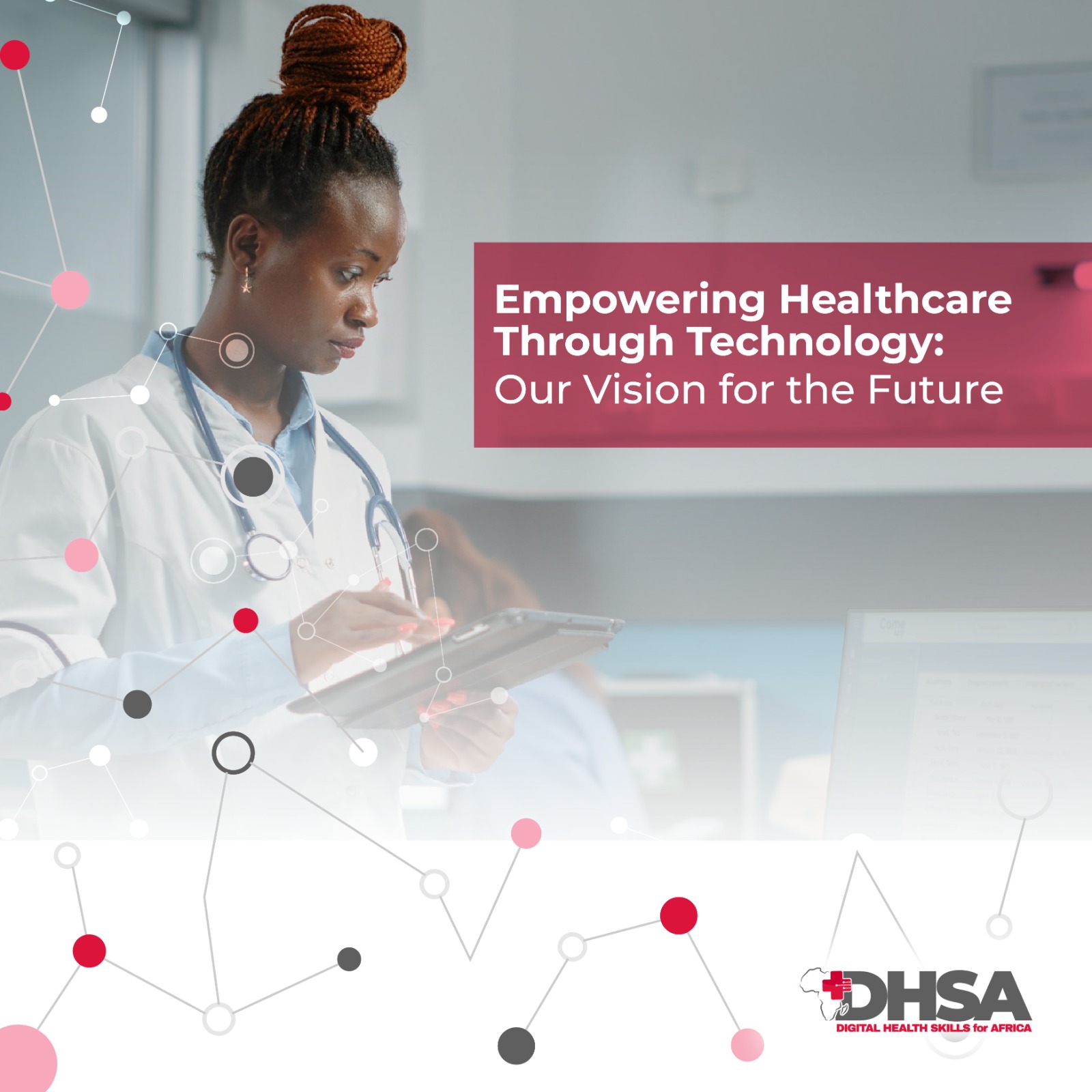
Healthcare systems across the world are under increasing strain, grappling with rising costs, workforce shortages, and persistent inefficiencies. In this challenging environment, artificial intelligence (AI) holds immense promise. From enhancing patient outcomes to optimizing the performance of overstretched health systems, AI offers opportunities that could reshape the future of healthcare. But to fully realize these benefits, the path forward must be deliberate, responsible, and focused on trust.
AI’s integration into healthcare is unlike previous waves of medical innovation. Traditional regulatory frameworks designed for static products like pharmaceuticals and medical devices are ill-equipped to govern the dynamic, learning nature of AI technologies. Most regulatory processes today emphasize pre-market validation, yet many AI systems evolve after deployment, adapting to new data and environments. This poses a dilemma: how can health systems ensure safety, effectiveness, and equity in a landscape where technologies are continuously changing?
A collaborative paper by the World Economic Forum’s Centre for Health and Healthcare and Boston Consulting Group (BCG) highlights three pressing actions needed to earn trust and create a supportive ecosystem for AI in health. First, health systems must address fragmentation and invest in building technical capacity. AI ecosystems remain disjointed, and many health leaders lack the foundational understanding required to assess and responsibly implement AI tools. Without technical literacy among decision-makers, the risk of misuse or missed opportunities rises significantly.
Second, regulatory and evaluation frameworks must evolve. The paper calls for the adoption of innovative mechanisms such as regulatory sandboxes, post-market surveillance, and life-cycle monitoring. These flexible approaches will allow AI developers and regulators to test, evaluate, and refine systems in real-world settings. Initiatives like the Testing and Experimentation Facility for Health AI and Robotics (TEF-Health) are leading by example, creating independent quality assurance environments that support more agile development cycles. Guidelines, not just legislation, are essential to enable innovation while maintaining rigorous safety standards.
Third, public–private collaboration must deepen. Moving beyond consultation toward true co-development of regulatory and evaluation standards will ensure that frameworks reflect the pace and complexity of AI innovation. By working together, governments and technology developers can protect public health while promoting confidence in new technologies. At the heart of these efforts lies a need for global coordination. Without harmonized approaches, regulatory fragmentation, especially between the Global North and Global South, risks impeding the scalable and equitable deployment of AI in healthcare. Supporting capacity-building in under-resourced systems is vital to ensuring that all regions can benefit from the AI revolution.
For Africa, the implications of AI in healthcare are particularly significant. AI can help address longstanding gaps in healthcare delivery, especially in rural and underserved areas. It can enhance diagnostic accuracy, improve resource allocation, and support frontline workers with clinical decision tools. However, to harness this potential, Africa must take deliberate steps to build resilient systems that are AI-ready. This includes investing in digital infrastructure, such as internet connectivity and electronic health records, strengthening data protection and privacy laws, and developing skilled workforces capable of evaluating and deploying AI solutions.
A promising development in this direction is the partnership between Cassava Technologies, under the leadership of Strive Masiyiwa, and Nvidia to establish Africa’s first AI factory in South Africa. With plans to expand into other African nations, this initiative signals a growing recognition of the continent’s potential to build homegrown AI capabilities and infrastructure.
Regional collaboration, local innovation, and context-appropriate regulatory frameworks will be key to ensuring that AI serves African health priorities, not just imported solutions. Without these foundations, there is a risk that AI could deepen existing inequalities rather than close them.
Ultimately, the future of AI in healthcare is not just a technological challenge; it is a systems challenge. Achieving its full potential requires more than algorithms; it demands transparency, shared responsibility, and a willingness to innovate not only in technology but also in policy and regulation. The decisions made today will shape whether AI becomes a trusted force for good or a missed opportunity in global health transformation.
Source: https://reports.weforum.org/docs/WEF_Earning_Trust_for_AI_in_Health_2025.pdf


